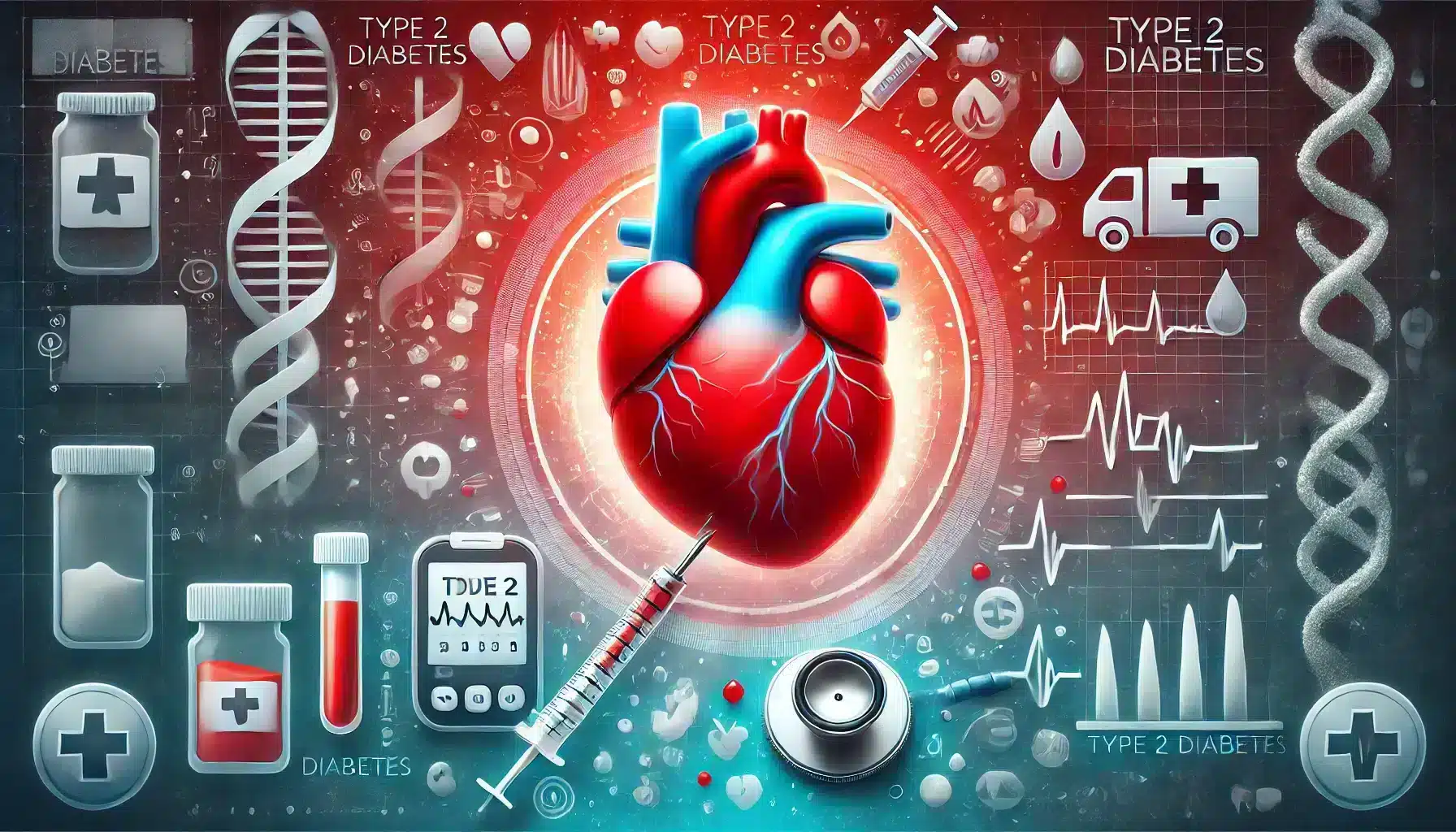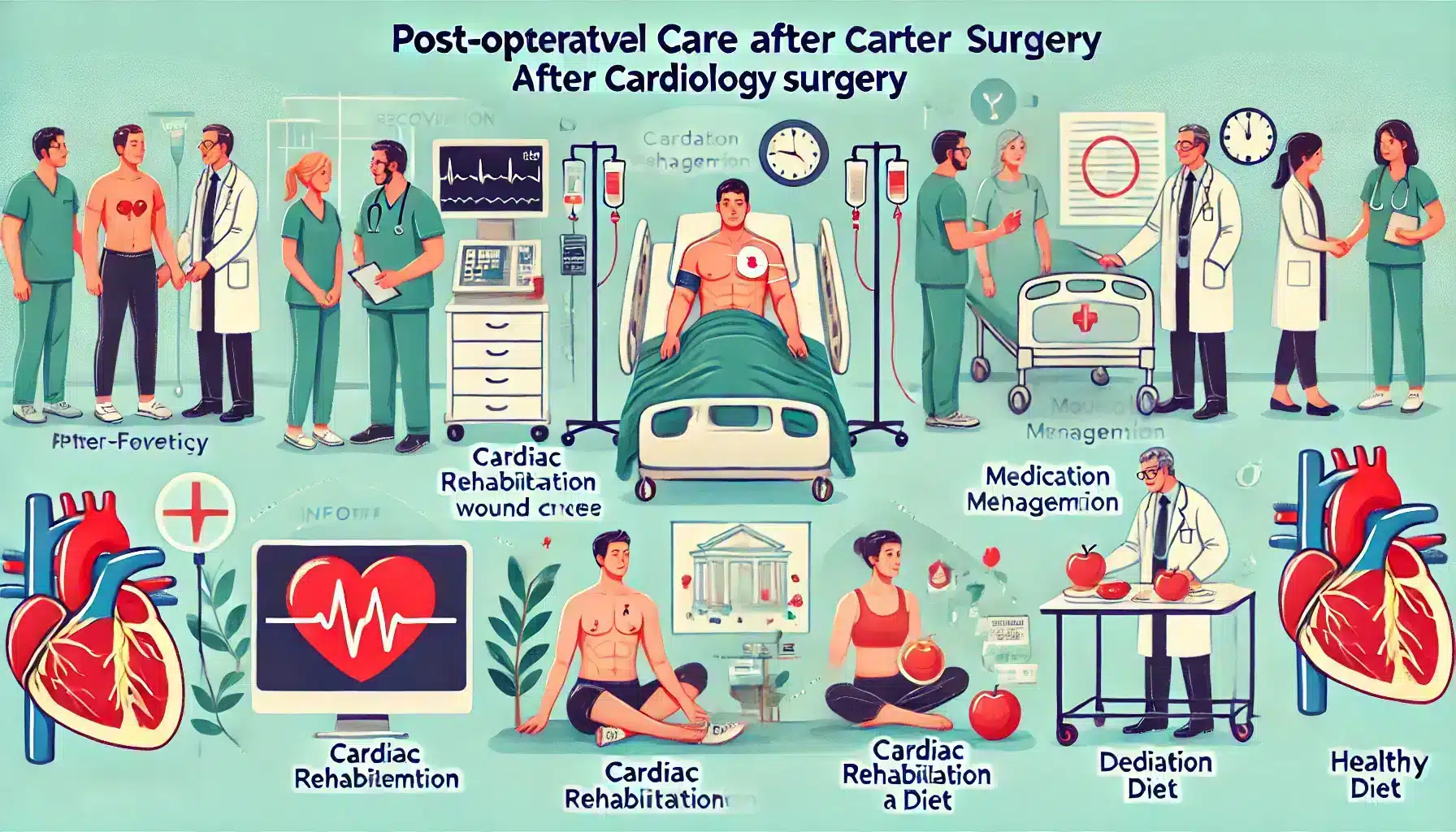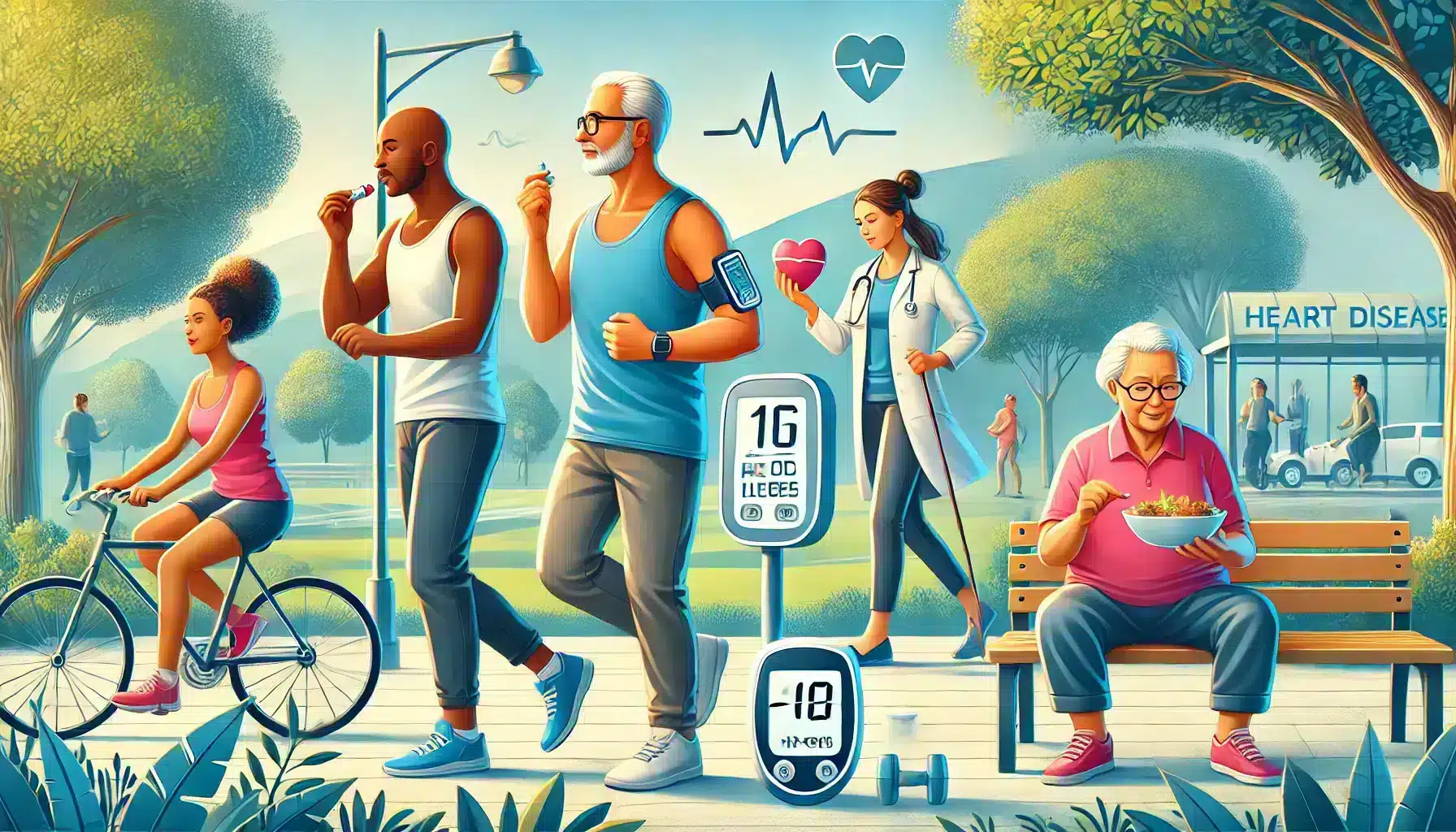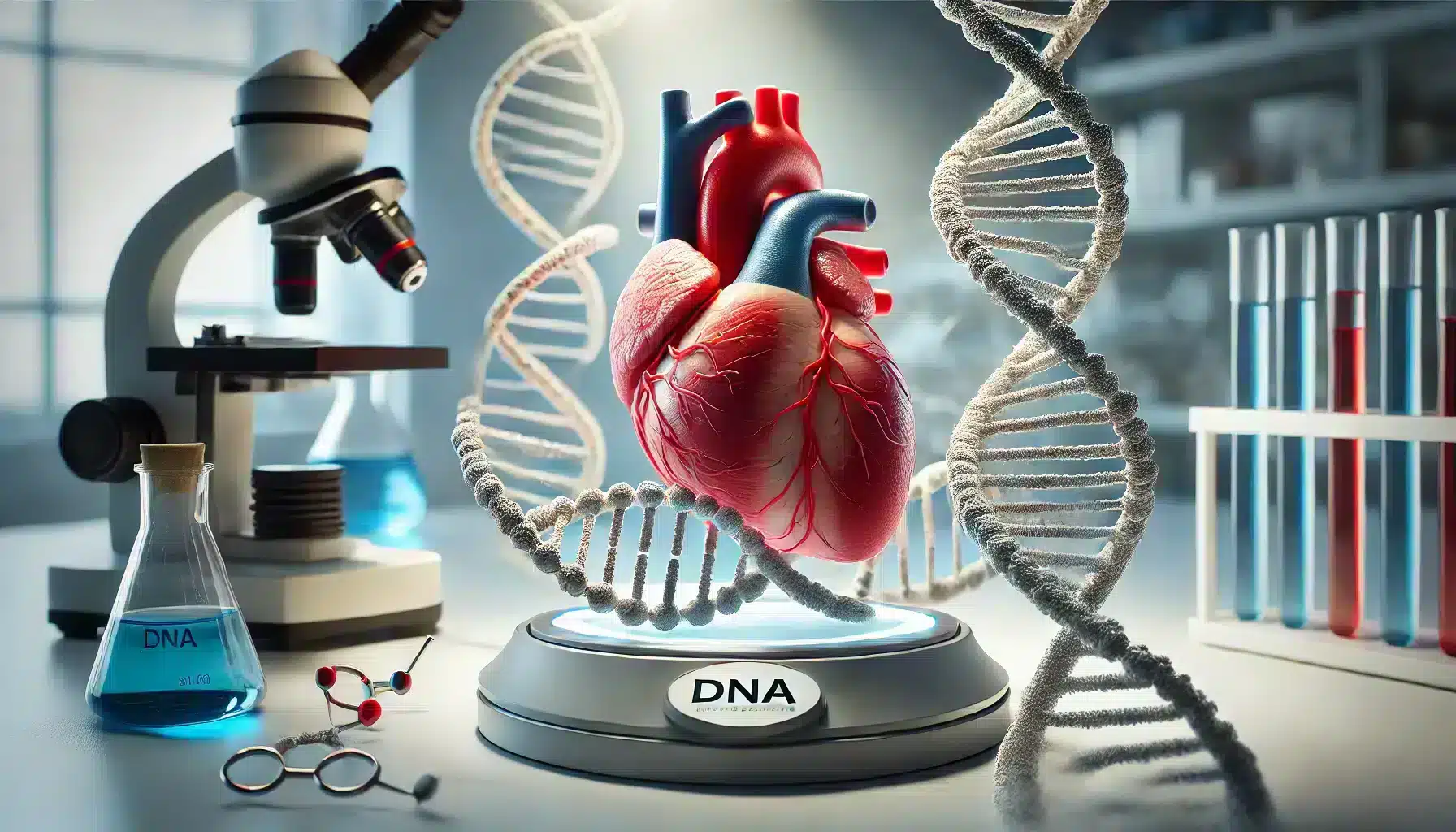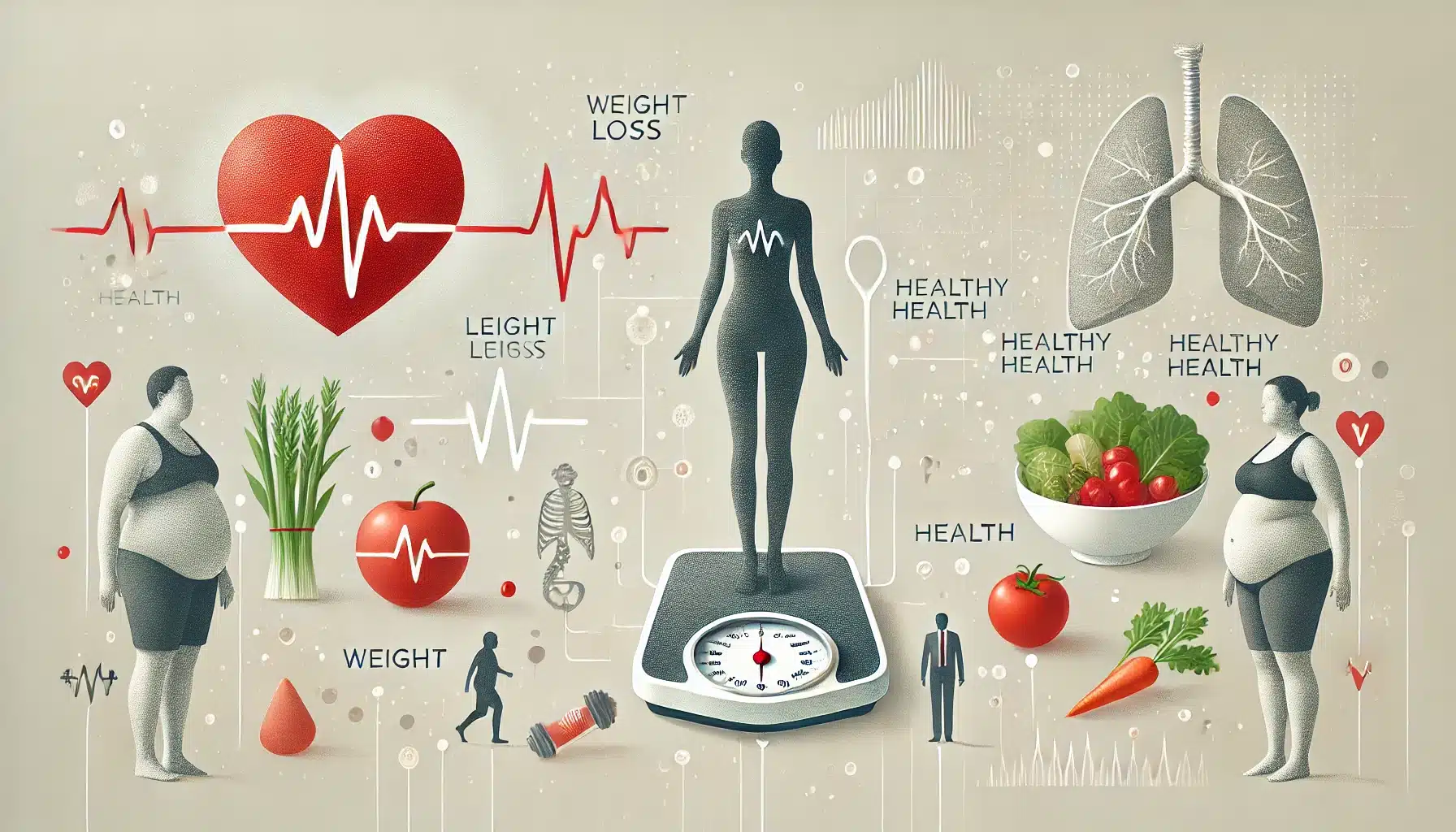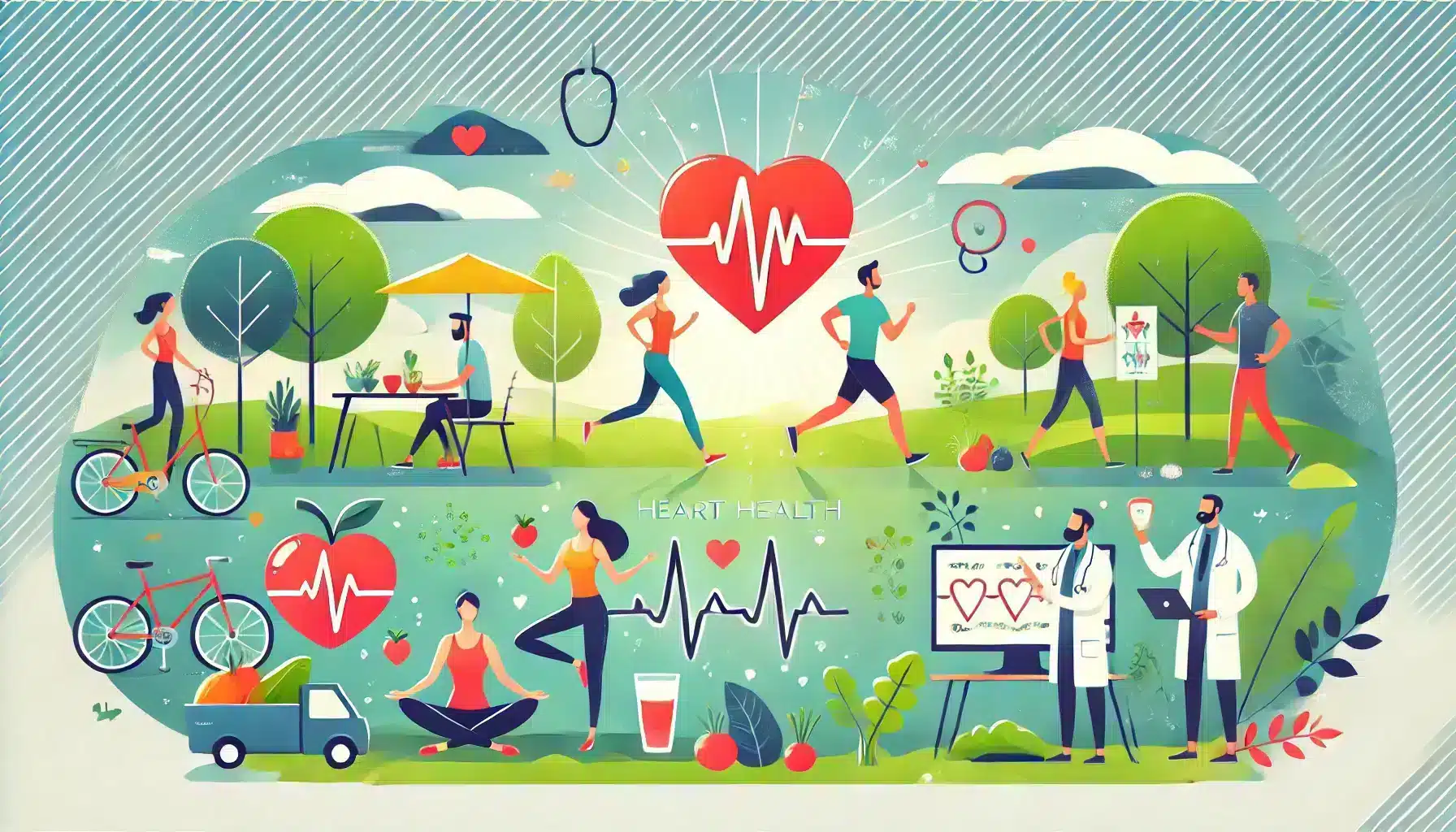Understanding the Importance of Family History in Heart Disease Your family’s medical history plays a significant role in understanding your risk for heart disease. A history of heart disease in your family can indicate a genetic predisposition to similar conditions. When your doctor is aware of your family’s health background, they can make more informed decisions regarding your care and …
Read More »